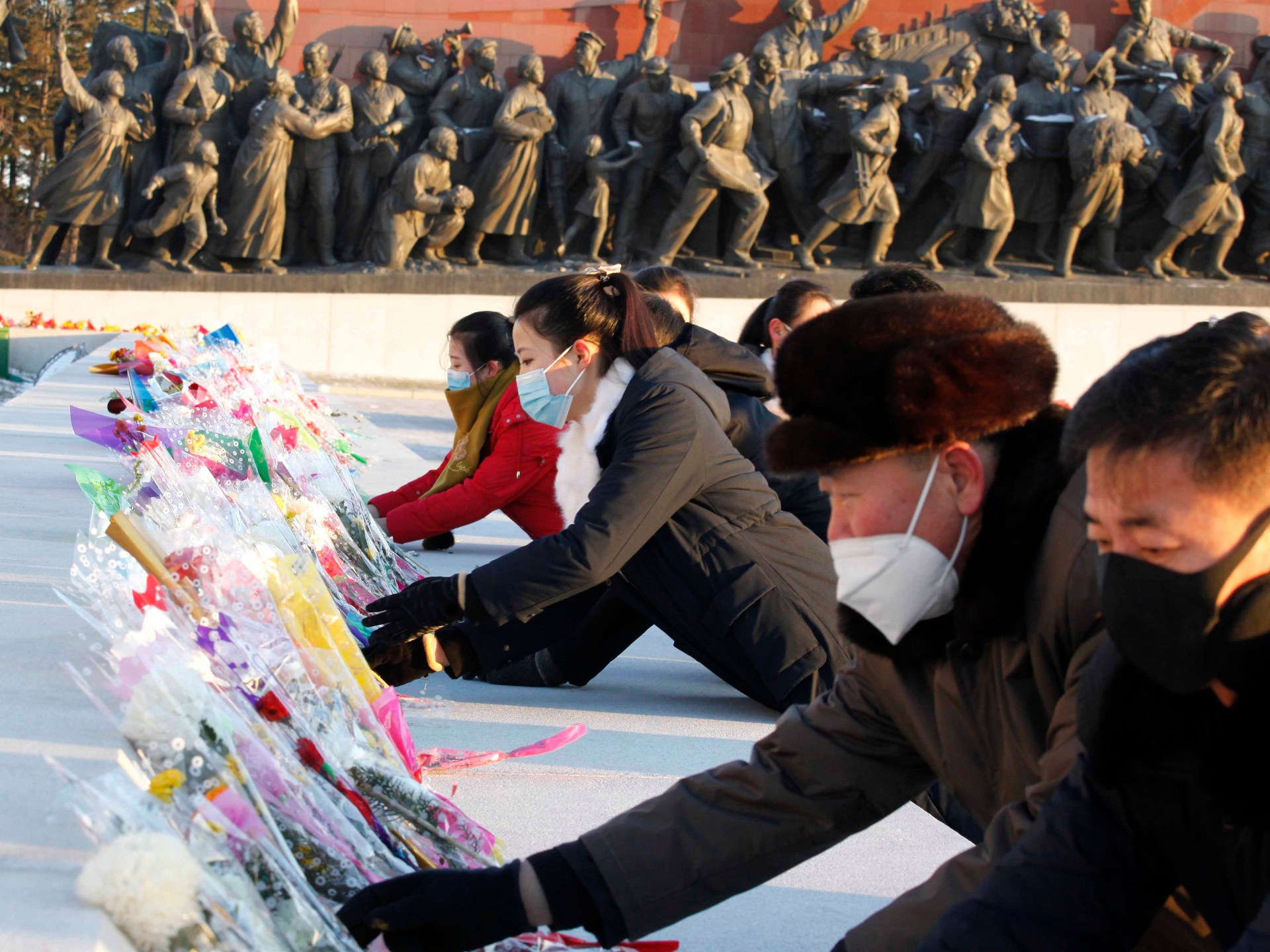Top Shiite cleric criticizes new interim constitution
"Any law prepared for the transitional period will not gain legitimacy except after it is endorsed by an elected national assembly," al-Sistani stated.
"Additionally, this law places obstacles in the path of reaching a permanent constitution for the country that maintains its unity, the rights of its sons of all sects and ethnic backgrounds," he said.
Earlier, the Governing Council met Monday morning to give the constitution a final read, then published a statement announcing the signing ceremony.
Follwing the council’s gathering to review the document, the council members went to a public ceremony for the signing of the document.
All the 25 members of the governing council signed the new interim constitution. Presided over by council President Mohammad Bahr Al-Uloom, the 25 members came up one by one and put their signatures to the historic document on a wooden table covered with green baize, applauded by a gathering including US civil administrator Paul Bremer.
In his speech, Uloom called the document a "historic moment, decisive in the history of our glorious Iraqi people." "It is the first stone on which a new, free and democratic Iraq will be built, respectful of human rights," he said.
"There is no doubt that this document will strengthen Iraqi unity in a way never seen before," said Massoud Barzani, a Kurdish leader on the council. "This is the first time that we Kurds feel that we are citizens of Iraq."
Comprising some 64 articles split into nine chapters, the basic law will take effect after the US-led coalition hands back sovereignty to a caretaker Iraqi government on June30 .
A half-hour before the ceremony, a large explosion was heard in Baghdad and smoke rose from near the al-Mansour Hotel, about a half mile from the Convention Center where the ceremony was to take place.



